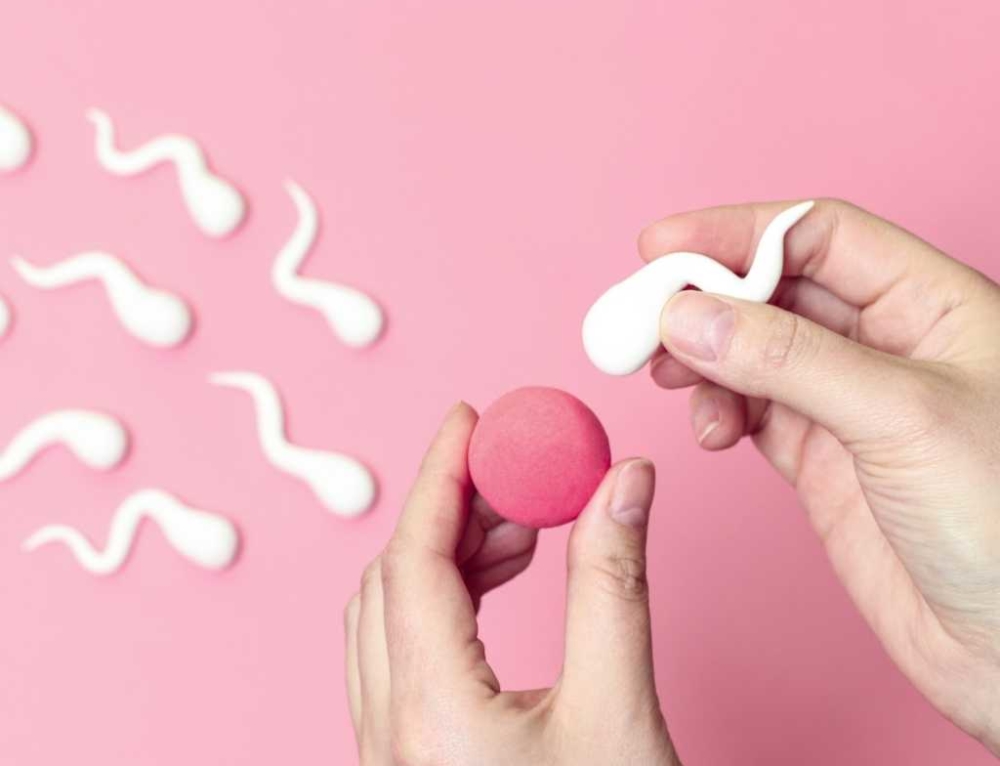There is an old wives tale that goes ‘Gain a child, lose a tooth’ but this doesn’t have to be the case.
Good dental care is very important and should start before you become pregnant so that by the time you have conceived, great oral hygiene habits are already established. Thorough brushing twice a day and flossing once a day will keep plaque away by removing bacteria, saliva and remnants of food that can cause decay. Because of higher progesterone levels and an increase in the amount of bacteria in the mouth, pregnant women may suffer from gingivitis characterised by swolllen, bleeding and red gums. Left untreated it can cause permanent damage to gums and bone.
Remember:
If you are pregnant, be sure to tell your dentist before he starts any work on you. Some treatments and x-rays can be dangerous for your developing baby. The second trimester is the best time to have dental work done.
To avoid plaque build up and gingivitis it is important to thoroughly clean your teeth and gums twice a day, in the morning after breakfast and last thing at night before going to sleep. Remember, each tooth has five surfaces – a front, back, two sides and a top. The only sure way to prevent dental disease is to clean every surface.
Morning sickness and your teeth
To avoid damage to your teeth after vomiting or gastric reflux, avoid brushing your teeth for about an hour after vomiting.
To freshen your mouth, simply smear some fluoride toothpaste over your teeth and then rinse off with water. Not only will it help wash away the potentially damaging acid but it will also re-mineralise your teeth.
Gagging can occur while brushing your teeth. If brushing makes you feel sick try using a very small headed brush, such as a brush designed for children, and concentrate on your breathing as you clean your back teeth.
Brushing without toothpaste may help. Rinse with a fluoride toothpaste and water twice a day but return to brushing with fluoride toothpaste as soon as possible.
Fluoride
Fluoride strengthens the teeth and helps to prevent decay and the fluoride in toothpaste or water does not harm a developing baby.
Calcium
Calcium is very important. Milk and milk products are excellent sources of calcium. Go for the low-fat variety, if possible.
If you don’t drink milk or eat dairy products such as cheese and yoghurt, choose other products that are high in calcium, speak to your doctor or dietician for further advice. They may recommend calcium supplements.







Leave A Comment
You must be logged in to post a comment.